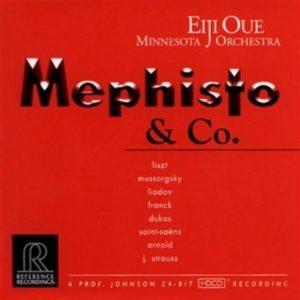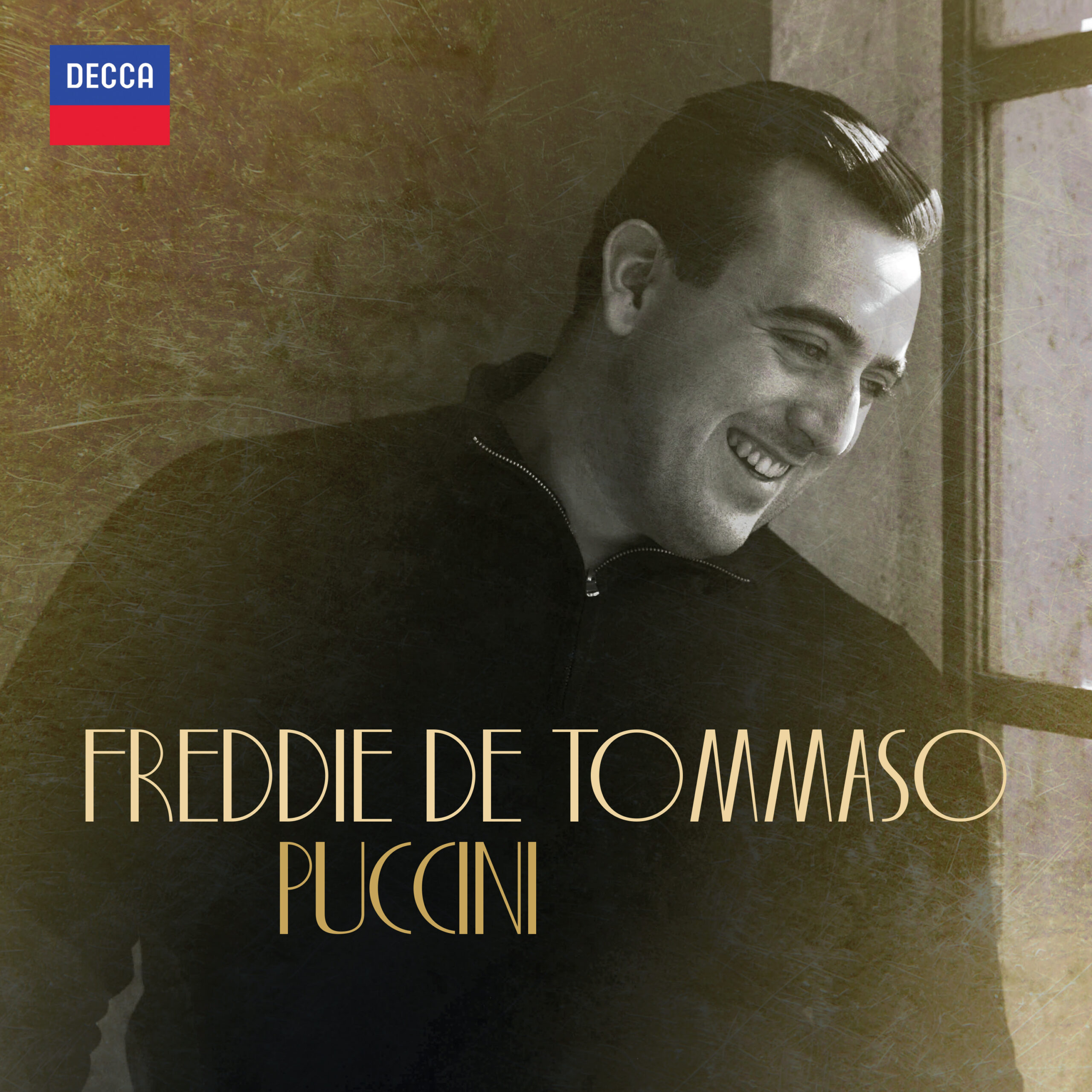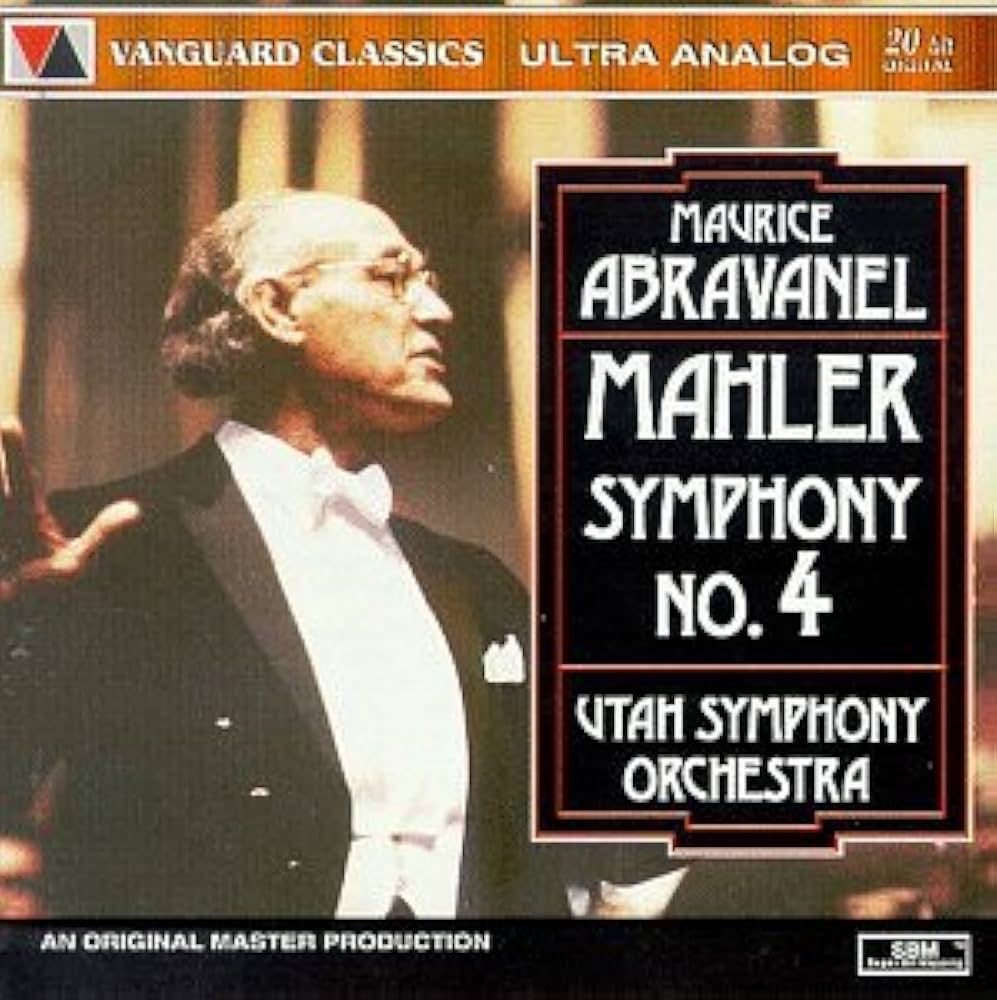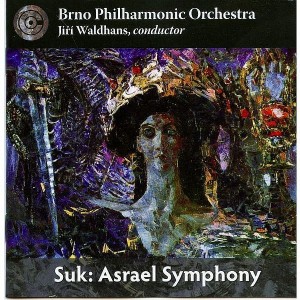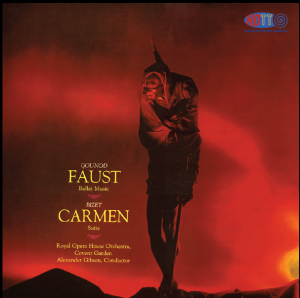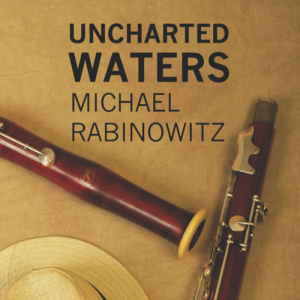LISZT: Mephisto Waltz No. 1 (with two concert endings). MUSSORGSKY: Night on Bald Mountain. LIADOV: Baba Yaga. FRANCK: The Accursed Huntsman. DUKAS: The Sorcerer's Apprentice. SAINT-SAËNS: Danse macabre. ARNOLD: Tam O'Shanter. J.STRAUSS II: Lucifer Polka. Minnesota Orchestra/Eiji Oue. Reference Recordings RR-82CD. TT: 71.56
DOWNLOADS: Amazon.com (mp3); emp3s.co (mp3); itunes.apple.com; qobuz.com ("16-bit" mp3); referencerecordings.com (Apple lossless, FLAC, WAV)
With the rise of streaming and downloading, this kind of theme program will probably die out, which is too bad. Such collections, designed primarily as a showcase for performers, also introduced casual listeners to "new" music and composers. If you'd bought this album for, say, The Sorcerer's Apprentice or Danse macabre, you might have encountered Baba Yaga or The Accursed Huntsman for the first time, which could, in turn, have prompted you to explore more of Liadov or Franck.
It's certainly a showcase for the Minnesota Orchestra. By 1997, when these sessions were held, Eiji Oue had honed the solid second-tier orchestra of the Skrowaczewski and Marriner régimes into a well-drilled instrument, capable of a polished sound over a full dynamic range, and remarkably unified in sound and intent. The brass chorales in Night on Bald Mountain are pillowy, precise, and full-bodied. A brief, though artfully obscured, muddle among the strings in that piece (under the brass chord at 2.24) and a single smudged wind attack in the Mephisto Waltz stick out amid the prevailing excellence.
Interpretively, Oue keeps a firm if perhaps severe hand on the tiller, favoring a long line and bracing rhythmic alertness over "warmth" and pictorial detail—a manner which pays off in terms of sheer musical integrity. Thus, Danse macabre, relying on dynamics rather than breadth to achieve mystery, moves along forthrightly; the strings' second theme, the one in octaves, brings some extra weight without actually breaking stride.
Malcolm Arnold's Tam O'Shanter is a pleasant surprise: what sounded like an incoherent string of effects under Sir Alexander Gibson (Decca Eloquence) is now entertaining in a cheerfully chaotic, Charles Ives-ish way, though it's not particularly spooky. On the other hand, while The Sorcerer's Apprentice is perky, crisp, and bouncy, you never feel that the music, or the depicted situation, is getting out of control.
Mephisto himself is represented by a tensile, alert performance of Liszt's eponymous waltz, which opens the program. The second theme, markedly slower than the first, builds with ease; the third, delicately introduced by the oboe, blossoms expressively. The listener has the option to program either of the composer's two conclusions. Track 2 offers the familiar ending, concise and emphatic; the slightly longer ending on track 3, after a fortissimo eruption, gradually subsides, ending quietly.
Oue sometimes seems less attuned to, or interested in, orchestral color. A driving through-line makes The Accursed Huntsman sound purposeful where Munch's (RCA) is melodramatic and empty-headed; but Oue doesn't match Munch's variegated, luscious timbral palette, nor Ansermet's sparkling one (Decca). Then again, the conductor draws Liadov's Kikimora—the opening flourishes of which suggest the Sorcerer— in unusually bold colors, with evocative results.
The sound is mostly first-class, as you'd expect from Reference Recordings, offering clarity and pinpoint imaging, even in the softest solos. The resonant ambiance doesn't cloud detail, but makes for an overbright high end in tuttis—a surprising lapse. Another is that some of the pauses between tracks—between the Dukas and the Saint-Saëns, and again between the latter and the Arnold—are simply too short, running these diverse scores together practically attacca.
Quite the variety of downloads is available: the sources cited all came up on the first page of a web search. Given this label's audiophile status, it'd make sense to opt for one of the lossless formats on the company's own website, rather than the inevitably degraded sound on the mp3s offered elsewhere.
Stephen Francis Vasta is a New York-based conductor, coach, and journalist.




